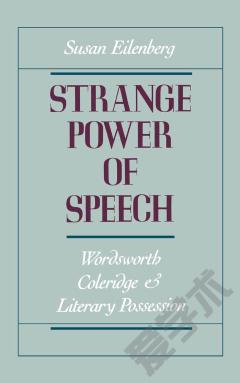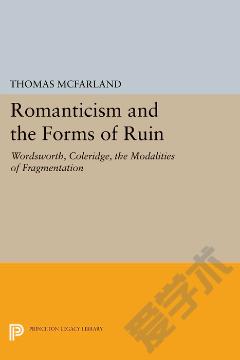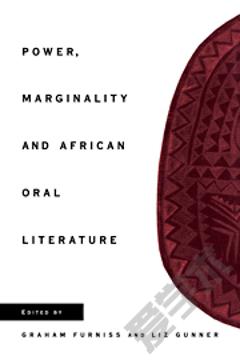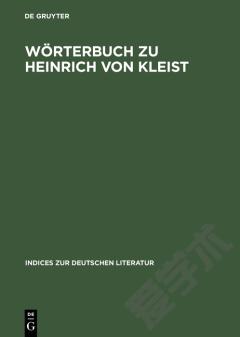Strange Power of Speech —— Wordsworth, Coleridge, and Literary Possession
----- 言语奇异:华兹华斯,柯勒律治和文学占有
Eilenberg's subject is the relationship between tropes of literary property and signification in the writings and literary politics of Wordsworth and Coleridge. She argues that a complex of ideas about property, propriety, and possession informs the images of literary authority, textual identity, and poetic figuration found in the two writers' major work. During the period of their closest collaboration as well as at points later in their careers, Wordsworth and Coleridge took as their primary material the images of property and propriety upon which definitions of meaning and figuration have traditionally depended, grounding these images in writings about landed and spiritual property, material and intellectual theft, dispossession by banks and possession by demons. The writings and the politics generated by the literalization of such images can be read as allegorical of the structures and processes of signification. Each such gesture addresses in some way the fundamental question - who owns language, or who controls meaning? Eilenberg's approach brings to bear a combination of deconstructive, psychoanalytic, and both new and literary historical methods to provide a deeper understanding of the relationship between two of the major figures of English Romanticism as well as fresh insight into what is at stake in the analogy between the verbal and the material or the literary and the economic.
{{comment.content}}








 京公网安备 11010802027623号
京公网安备 11010802027623号